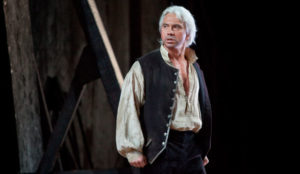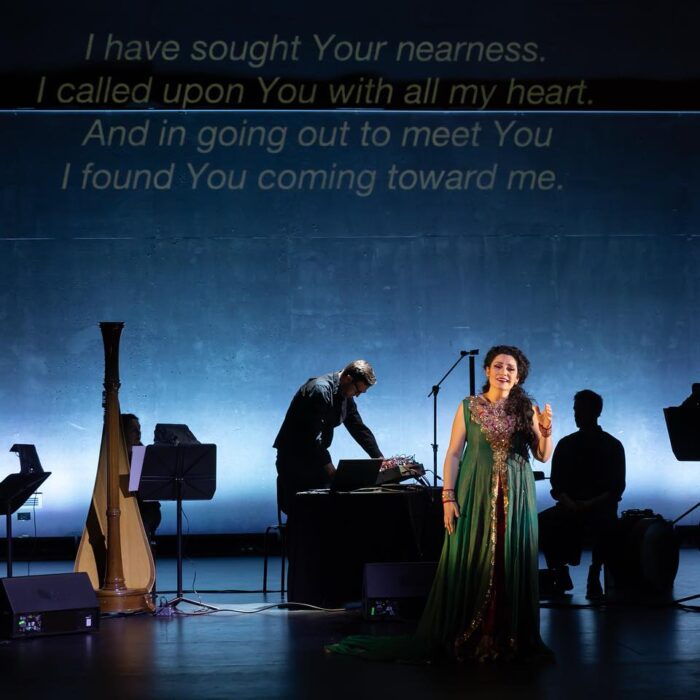
5 Roles That Dmitri Hvorostovsky Made His Own
By Francisco SalazarDmitri Hvorostovsky’s passing is one of the unfortunate events of the modern opera world.
A baritone gifted with an elegant sound and an ever-evolving musical maturity that made him so exciting and powerful to watch. He could dominate in French, Italian, or his native Russian, leaving us some of the finest interpretations of recent memory.
As we look back on one of the great careers of the 20th and 21st century, here is a look at Hvorostovsky’s greatest roles of his career.
Eugene Onegin
If there is one role that Hvorostovsky dominated throughout his career, it was Eugene Onegin. His interpretations were heralded as charismatic and the perfect fit for the role. Indeed he was born to sing the role as his voice fit perfectly with Tchaikovsky’s sweeping lines. While Hvorostovsky also made audiences hate the character for his disdain towards Tatiana, by the end of the opera he was able to create sympathy as well with a potent character arc delivered through his superlative acting. Just look at the Metropolitan Opera’s HD performance with Renée Fleming. In the final scene, one feels Onegin’s desperation and love for Tatiana. His final interpretation was in January 2016 at the Royal Opera House.
Rodrigo – Don Carlo
Hvorostovsky developed into a Verdi baritone singing many of the major roles by the legendary composer. Rodrigo was the one he performed most often. At the Met, he performed the role 30 times including showcases during the memorable 2006 revival. Hvorostovsky was moving throughout the run with critics noting “his voice had the smoky colorings for which he is renowned, and he sang throughout with dignity and ardor.”
What made his Rodrigo so memorable was the nobility with which he portrayed the character and one can not forget the passion he put into Rodrigo’s final two arias.
Il Conte di Luna – Il Trovatore
Everyone loves a good villain and Hvorostovsky was the perfect fit for this character as he not only brought charisma and ardor to the role, but he was also able to show the vulnerable side to the abusive power figure. His “Il Balen del suo sorriso” always brought down the house as he always knew how to phrase each line with beauty. When Hvorostovsky was diagnosed with cancer in 2015, this was the role with which he returned to the stage, at the Metropolitan Opera, and the performance was heralded, “Mr. Hvorostovsky gave a gripping performance as Count di Luna.”
Rigoletto
Thankfully audiences will always be able to go back to Hvorostovsky’s Rigoletto thanks to Delos, who recorded the complete opera and recently released it. Hvorostovsky’s interpretation was exceptional as he not only turned physically into the character every time he went on stage, but vocally, he did everything to juxtapose the ugliness with the tender. He would use “Cortigiani, Vil Razza dannata” as one of his warhorse arias throughout his career as he prepared the role.
Yeletsky – The Queen of Spades
In modern history everytime one thinks of the aria “Ja vas lyublyu,” its hard not to think of Hvorostovsky as he dominated not only the piece but the role in the early half of his career. His golden tone and melting lines made him the standout of the opera every time he performed the work.
Other roles that Hvorostovsky was also known for included Giorgio Germont in “La Traviata,” Ankarstrom in “Un Ballo in Maschera,” and Prince Andrei in “War and Peace.
What was your favorite role from Hvorostovsky? Let us know in the comments below!
Categories
Special Features

